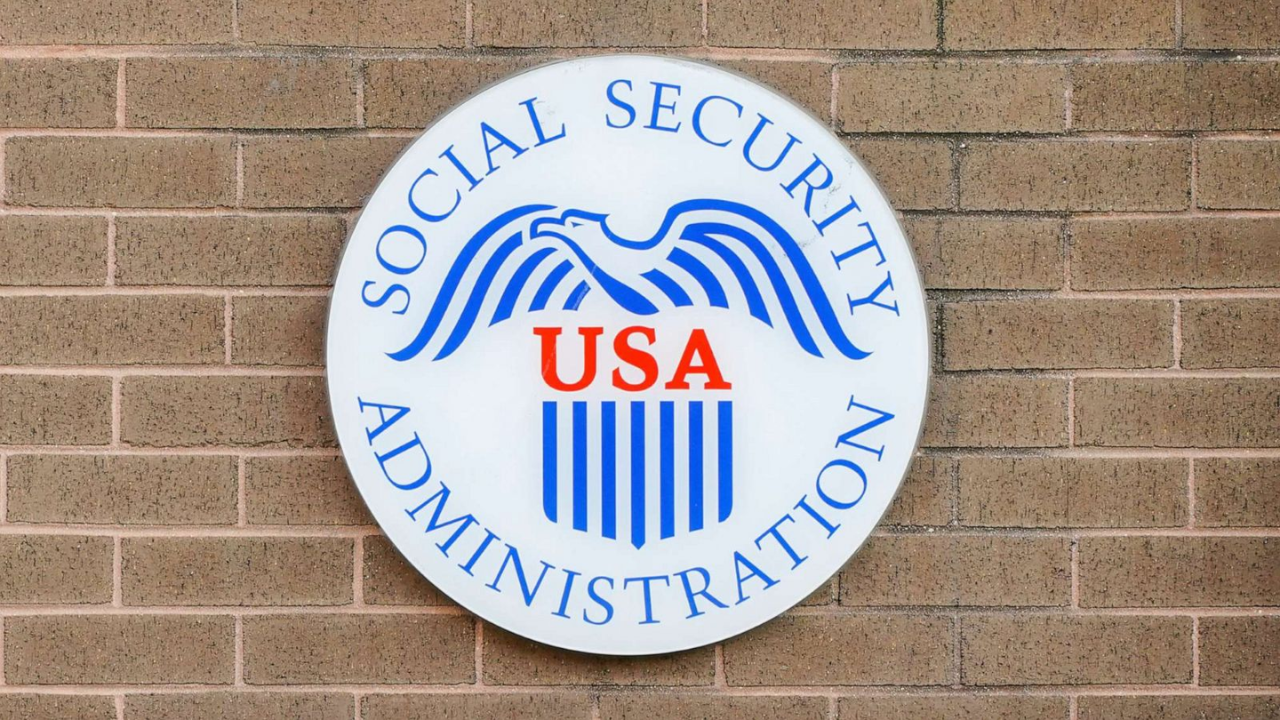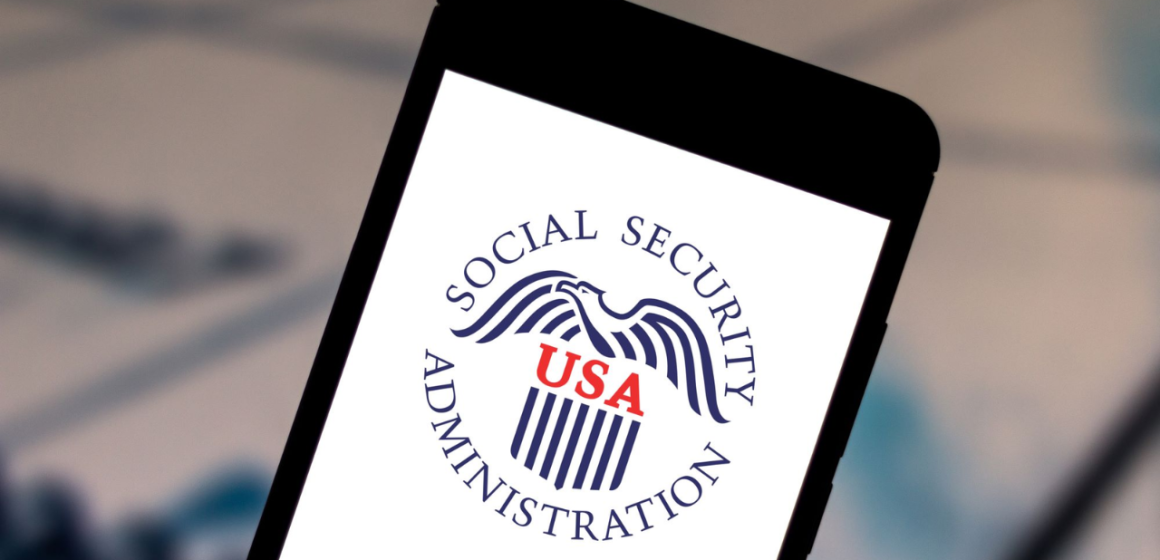As the threat of a government shutdown looms, millions of Americans are left wondering how their daily lives will be impacted. With Congress facing a looming Friday midnight deadline to pass a new funding bill, the possibility of a government shutdown is growing.
If lawmakers fail to agree, hundreds of thousands of federal employees across the country could be furloughed, and critical services may face delays or disruptions.
With the holiday season just around the corner, the stakes have never been higher.
One of the main concerns is how a government shutdown will affect essential programs like Social Security, SNAP (Supplemental Nutrition Assistance Program), and Medicare.
These programs provide vital support to millions of families, seniors, veterans, and individuals across the nation. As the possibility of a shutdown grows, people are anxious about how long they will be able to rely on these services and whether they will experience any interruptions.
What Happens During a Government Shutdown?

A government shutdown occurs when Congress fails to pass a new budget or funding bill to finance the federal government.
In this case, if no agreement is reached by the deadline, many federal agencies will stop operations or reduce their staff. However, not all government operations will be affected in the same way. Federal agencies are required to classify their employees as either “essential” or “nonessential.”
- Essential Workers are required to continue working, but they may not receive immediate pay until the government reopens.
- Nonessential workers are furloughed, meaning they cannot work and will not be paid until the government resumes its operations.
Although the shutdown does not mean the government completely stops, it does have widespread consequences. Here’s how different sectors may be affected:
- White House: Most of the White House staff will be furloughed. However, essential offices, such as the National Security Council, will continue to operate. The president’s salary will remain unaffected by the shutdown.
- Social Security and Medicare: Social Security benefits will continue to be paid without interruption. However, Medicare benefits may experience delays, such as delays in processing new claims or responding to issues. Although current beneficiaries will still receive their benefits, new applications or changes may face delays.
- Veterans Benefits: Veterans will continue to receive their benefits and medical care as usual, without disruption, during a shutdown.
- SNAP (Supplemental Nutrition Assistance Program): SNAP benefits will continue to be issued, but delays or disruptions may occur if the shutdown extends over a longer period. Many vulnerable families who rely on SNAP could find themselves in uncertain situations.
- Military: Active-duty military personnel will continue to serve as usual, but about half of the Pentagon’s civilian staff may face furloughs, meaning they will not be able to work until the shutdown ends.
- National Nuclear Security Administration: This agency, which oversees the security of the nation’s nuclear programs, will continue operating.
- Law Enforcement: Federal law enforcement agencies, such as the FBI, DEA, and U.S. Marshals, as well as the Coast Guard and Secret Service, will remain operational. These agencies are considered essential to national security and public safety.
- National Parks: National parks and monuments are expected to close during a government shutdown. Rangers will be furloughed, and park facilities will be shut down, although some states may temporarily fund park operations to keep them open.
- Borders and Homeland Security: Border Patrol and immigration enforcement agents will remain on duty to continue protecting the borders. However, local governments will not receive new funding for shelters or aid programs related to migrants.
- Transportation: Transportation-related services such as airport security screeners and air traffic controllers will continue working. However, major infrastructure projects and the hiring of new employees may be delayed. Increased absenteeism due to the shutdown may also affect airport operations, leading to longer wait times and possible delays.
- Congressional Pay: Members of Congress will continue to receive their pay during the shutdown. While their staff will be furloughed, essential personnel will still be working, including the offices that handle urgent constituent services.
How Does This Affect You?
The effects of a government shutdown can be widespread, affecting everything from federal benefits to daily services.
If the shutdown lasts for an extended period, there could be widespread disruptions to public services, such as delays in travel or benefits processing. For those who rely on Social Security, SNAP, or Medicare, even small delays can have significant consequences.
While many essential services will continue, there are still areas where you may experience delays or disruptions.
It is essential to stay informed about what services could be impacted and plan ahead to minimize the effect of any shutdown on your daily life.
As Congress races against time to avoid a shutdown, it’s clear that the consequences could be far-reaching.
While some services will continue to operate, others, like national parks and certain federal benefits, may face major disruptions. Understanding these effects can help you prepare for potential delays and ensure you’re ready for whatever may come next.



Leave a Reply